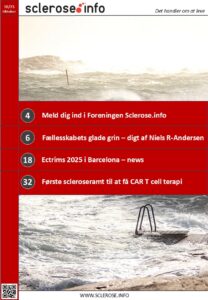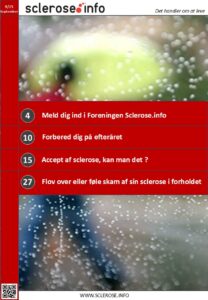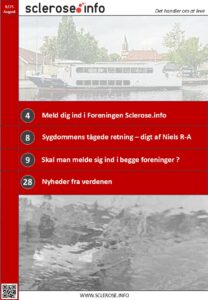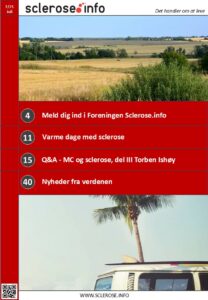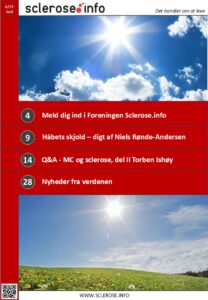
Med højere indtag af omega-3 polyumættede fedtsyrer har man nedsat for en klinisk diagnose af centralnervesystemet. Demyelinisering.
Resultater fra Autoimmune Study
*************************
Original tekst;
Higher intake of omega-3 polyunsaturated fatty acids is associated with a decreased risk of a first clinical diagnosis of central nervous system demyelination: Results from the Ausimmune Study
Abstract
----------------------------
Background: There is contradictory evidence for a role of dietary fat in risk of multiple sclerosis (MS).
Objectives: To examine the association between usual fat intake (total, saturated, monounsaturated (MUFA), polyunsaturated (PUFA), omega-3 and omega-6) and risk of a first clinical diagnosis of CNS demyelination (FCD).
Methods: Multi-centre incident case-control study in four regions of Australia during 2003–2006. Cases were aged 18–59 years and had a FCD; controls were matched to a case on age, sex and location. Dietary data were collected using a validated food frequency questionnaire.
Results: In 267 cases and 517 controls with dietary data, higher intake (per g/day) of omega-3 PUFA (adjusted odds ratio, AOR=0.61 (95% CI 0.40–0.93)), and particularly that derived from fish (AOR=0.54 (95% CI 0.31–0.93)) rather than from plants (AOR=0.75 (95% CI 0.39–1.43)) was associated with a decreased risk of FCD. Total fat intake and intake of other types of fat were not associated with FCD risk.
Conclusions: There was a significant decrease in FCD risk with higher intake of omega-3 PUFA, particularly that originating from fish. There was no evidence to indicate that the intake of other types of dietary fat or fat quantity in the previous 12 months was associated with an altered risk of FCD.
___________________________________________________________________
Samuel Hoare⇑
National Centre for Epidemiology and Population Health, The Australian National University, Australia
Fiona Lithander
The University of Canberra, Australia
Ingrid van der Mei
Menzies Institute for Medical Research, Australia
Anne-Louise Ponsonby
Murdoch Childrens Research Institute, Royal Children’s Hospital, University of Melbourne, Australia
Robyn Lucas
National Centre for Epidemiology and Population Health, The Australian National University, Australia
for the Ausimmune Investigator Group*
National Centre for Epidemiology and Population Health, The Australian National University, Canberra, Australia 2600.


